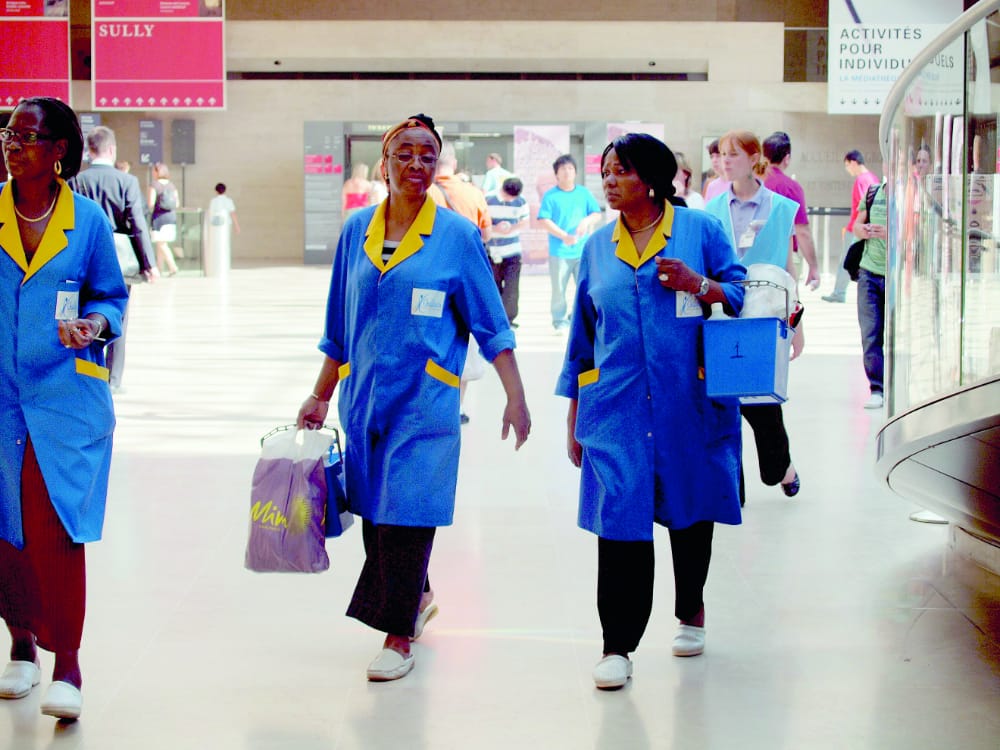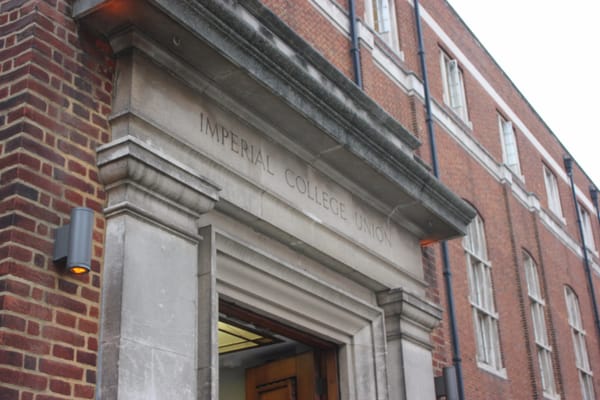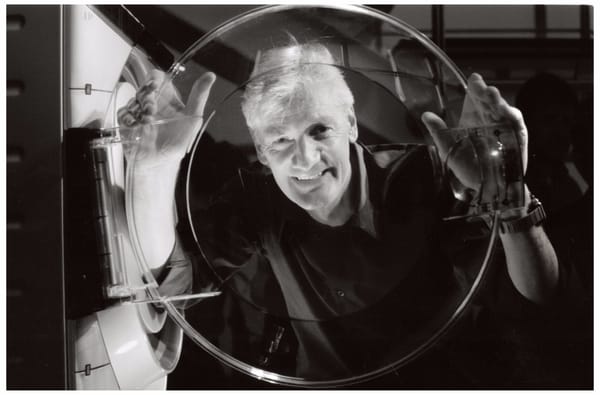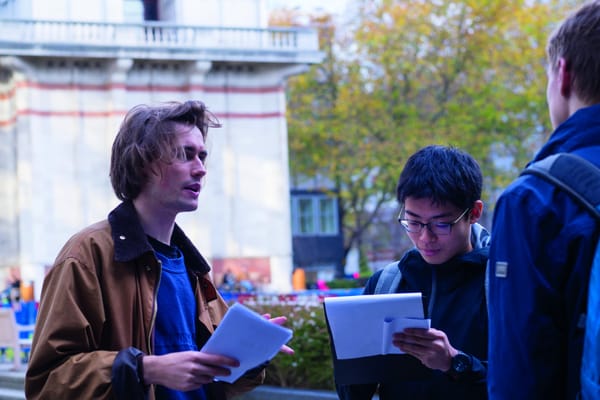Legal case launched against University of London over contracted staff
The case could pave the way for other contracted workers to directly negotiate with their universities.

A union has launched a legal challenge on behalf of outsourced University of London support staff.
The Independent Workers’ Union of Great Britain (IWGB) is bringing a case on behalf of 75 support staff at the University of London, including receptionists, security officers, and porters, with support from the Good Law Project. Currently, the support staff are employed by an external contractor, Cordant Security, and not directly by the university, meaning they cannot negotiate conditions with the University of London.
Current employment law states workers may only collectively bargain with their direct employer. However, the IWGB argues this breaches article 11 of the European Convention on Human Rights, which gives workers the right to join a trade union in order to protect their interests.
The IWGB aims to establish that the University of London is the de facto joint employer of the staff, along with Cordant Security, which would give them the same employment rights as those directly employed by the University. The case is being brought to the Central Arbitration Committee, which oversees regulation of UK labour.
If the case is successful, it could pave the way for a number of changes to the employment rights of outsourced workers. The University of London is among many universities who outsource part of their workforce: Imperial College London currently outsources its cleaning operations to Noonan Contract Services. The contract with Noonan, valued at approximately £7 million per year, runs until the end of 2019. The minimum pay rate set by the College for contracted staff who work mainly on College sites was £10 an hour at the beginning of August; at the time, this was above the London Living Wage, which has since increased to £10.20 an hour. Imperial is not an accredited living wage employer.
In a statement, a College representative said: “Imperial is committed to ensuring fair pay for all workers. We value all of our staff, and strive to offer competitive salaries in our efforts to attract and retain the best people at all levels. Pay at Imperial is reviewed annually as part of the College’s local pay bargaining process with the Joint Trade Unions.”
IWGB General Secretary, Dr Jason Moyer Lee, said: “When it comes to the most important elements of pay, and terms and conditions...it is the University of London and not Cordant which calls the shots.” He added: “In order for these workers’ collective bargaining and human rights to mean anything, we need to be able to negotiate directly with the university, not the glorified middle man.”
The Good Law Project is run by Jo Maugham QC, and aims to “use law to deliver a progressive society”, mainly focusing on Brexit, taxes, and workers’ rights. It said that, if successful, the case “could fundamentally change the legal regime which protects outsourced workers”. Maugham said: “If, in the real world, the brand can also be said to be the employer, it will not be able so easily to shuck off its responsibilities.”
A strike was held on the 21st November, and a protest in support of the demands took place from 6pm in Senate House, coinciding with a visit to the University by Princess Anne, its Chancellor.









